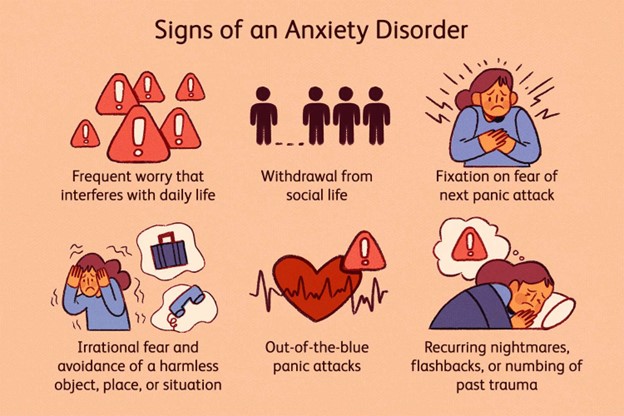A nurse in a psychiatric unit is admitting a client who attacked a neighbor. The nurse should know that the client can be kept in the hospital after the 72-hr hold is ever for which of the following conditions?
The client is unwilling to accept that treatment is needed
The client states that she does not like the neighbor
The client is a danger to herself or others
The client states that she plans to move out of the state immediately
The Correct Answer is C
A. The client is unwilling to accept that treatment is needed.
This alone may not be sufficient to keep the client under a 72-hour hold. While a person's refusal to accept treatment may indicate a need for care, it might not meet the criteria for involuntary commitment unless there is an immediate danger to the individual or others.
B. The client states that she does not like the neighbor.
Disliking a neighbor is not typically a sufficient reason to place someone under a 72-hour psychiatric hold. The criteria for involuntary commitment usually revolve around a person's potential to harm themselves or others due to their mental state.
C. The client is a danger to herself or others.
Explanation:
In many jurisdictions, a 72-hour psychiatric hold, also known as an involuntary psychiatric hold or emergency detention, allows mental health professionals to detain a person who is considered a danger to themselves or others due to their mental condition. This is done to ensure the safety of the individual and those around them. The hold provides a brief period during which a psychiatric assessment can be conducted to determine the appropriate course of action for the person's mental health treatment.
D. The client states that she plans to move out of the state immediately.
While this statement might raise concerns about the client's stability, it generally would not meet the criteria for a 72-hour hold unless there is clear evidence that the client's immediate move would pose a risk to their own safety or the safety of others. The hold is more focused on imminent danger rather than potential future actions.
Nursing Test Bank
Naxlex Comprehensive Predictor Exams
Related Questions
Correct Answer is B
Explanation
A. Helping the client identify positive personality traits.
While addressing self-esteem and positive personality traits is valuable for the client's overall well-being, it is not the immediate priority during the detoxification phase. Ensuring physiological safety comes first.
B. Providing for adequate hydration and rest.
Explanation: The detoxification process from alcohol can result in withdrawal symptoms that range from mild discomfort to severe medical complications. Adequate hydration and rest are essential during this phase to manage withdrawal symptoms and prevent potential complications such as dehydration, electrolyte imbalances, and seizures. Maintaining the client's physiological stability is of utmost importance.
C. Educating the client about the consequences of alcohol misuse.
Providing education about the consequences of alcohol misuse is important for the client's understanding and motivation for recovery, but it's not the primary concern during the initial detoxification phase.
D. Confronting the use of denial and other defense mechanisms.
Addressing denial and defense mechanisms is important for therapy, but it might not be the immediate priority. Physiological stabilization through hydration and rest takes precedence in the detoxification phase.
Correct Answer is D
Explanation
A. "How long has this been going on?":
While this question is important for gathering more information, it may come across as more investigative or less empathetic at this initial stage of the conversation.
B. "Why do you think you are so anxious?":
While it's important to understand the client's perspective, this response might come across as confrontational or judgmental. It's better to create an open and non-judgmental environment for the client to share their feelings.
C. "Have you talked to your parents about this yet?":
This response assumes that the client has parents to talk to and may not be relevant for all clients. It's also important to establish trust and rapport with the client before asking about their support network.
D. "It sounds like you're having a difficult time.":
This response is empathetic and validating. It acknowledges the client's feelings without making assumptions or demands, creating a supportive environment for further discussion.

Whether you are a student looking to ace your exams or a practicing nurse seeking to enhance your expertise , our nursing education contents will empower you with the confidence and competence to make a difference in the lives of patients and become a respected leader in the healthcare field.
Visit Naxlex, invest in your future and unlock endless possibilities with our unparalleled nursing education contents today
Report Wrong Answer on the Current Question
Do you disagree with the answer? If yes, what is your expected answer? Explain.
Kindly be descriptive with the issue you are facing.
